The Role and Advantages of Trommel Screens in Garbage Sorting Machines
As the world grapples with escalating waste management challenges, the need for efficient and effective waste sorting technologies has never been more critical. Among the various machines available, trommel screens have emerged as a pivotal component in garbage sorting systems. These cylindrical screens, rotating on a horizontal or inclined axis, have proven to be highly efficient in separating different types of waste based on size. This article delves into the workings of trommel screens, their advantages, and their indispensable role in modern waste management.
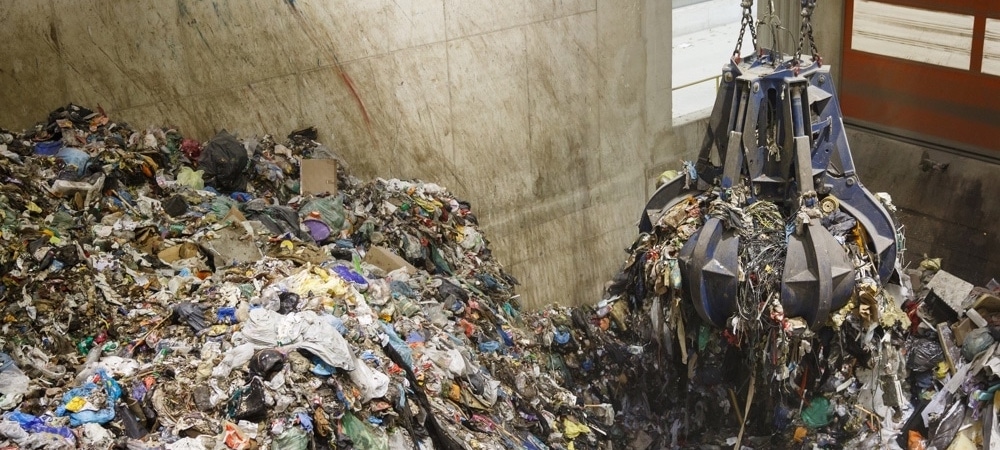
Understanding Trommel Screens
A trommel screen, also known as a rotary screen, is a mechanical screening device used extensively in waste management and recycling processes. The design of a trommel screen is relatively simple yet highly effective. It consists of a large, rotating drum with perforated sides that allow different-sized materials to pass through. The drum is tilted slightly, and as it rotates, waste materials are fed into the higher end. Gravity and the rotating action of the drum cause the materials to tumble, with smaller particles falling through the perforations while larger ones move to the opposite end of the drum.
Trommel screens are typically used to separate materials into two or three fractions. For example, in a typical garbage sorting operation, a trommel screen might be used to separate organic waste from inorganic materials or to classify recyclable items by size. The ability to efficiently sort waste based on size makes trommel screens a crucial tool in modern waste management systems.
Advantages of Trommel Screens
Trommel screens offer several advantages that make them particularly well-suited for use in garbage sorting machines. Some of the most significant benefits include:
Versatility: Trommel screens can process a wide variety of materials, including municipal solid waste, construction and demolition debris, compost, and more. This versatility makes them ideal for use in diverse waste management applications.
Efficiency: The rotating action of the drum, combined with gravity, allows trommel screens to process large volumes of material quickly and efficiently. This efficiency is crucial in large-scale waste sorting operations, where the speed of processing can directly impact the overall effectiveness of the system.
Durability: Trommel screens are built to withstand the harsh conditions often found in waste management facilities. The drums are typically made of durable materials, such as steel, and are designed to handle abrasive materials without significant wear and tear. This durability ensures a long operational life and reduces maintenance costs.
Low Operating Costs: Compared to other types of screening equipment, trommel screens generally have lower operating costs. They require less power to operate and have fewer moving parts, which reduces the likelihood of mechanical failures and the need for repairs.
Customization: Trommel screens can be customized to meet the specific needs of different waste sorting operations. For instance, the size of the perforations in the drum can be adjusted to accommodate different material sizes, and the angle of the drum can be modified to control the speed at which materials move through the screen.
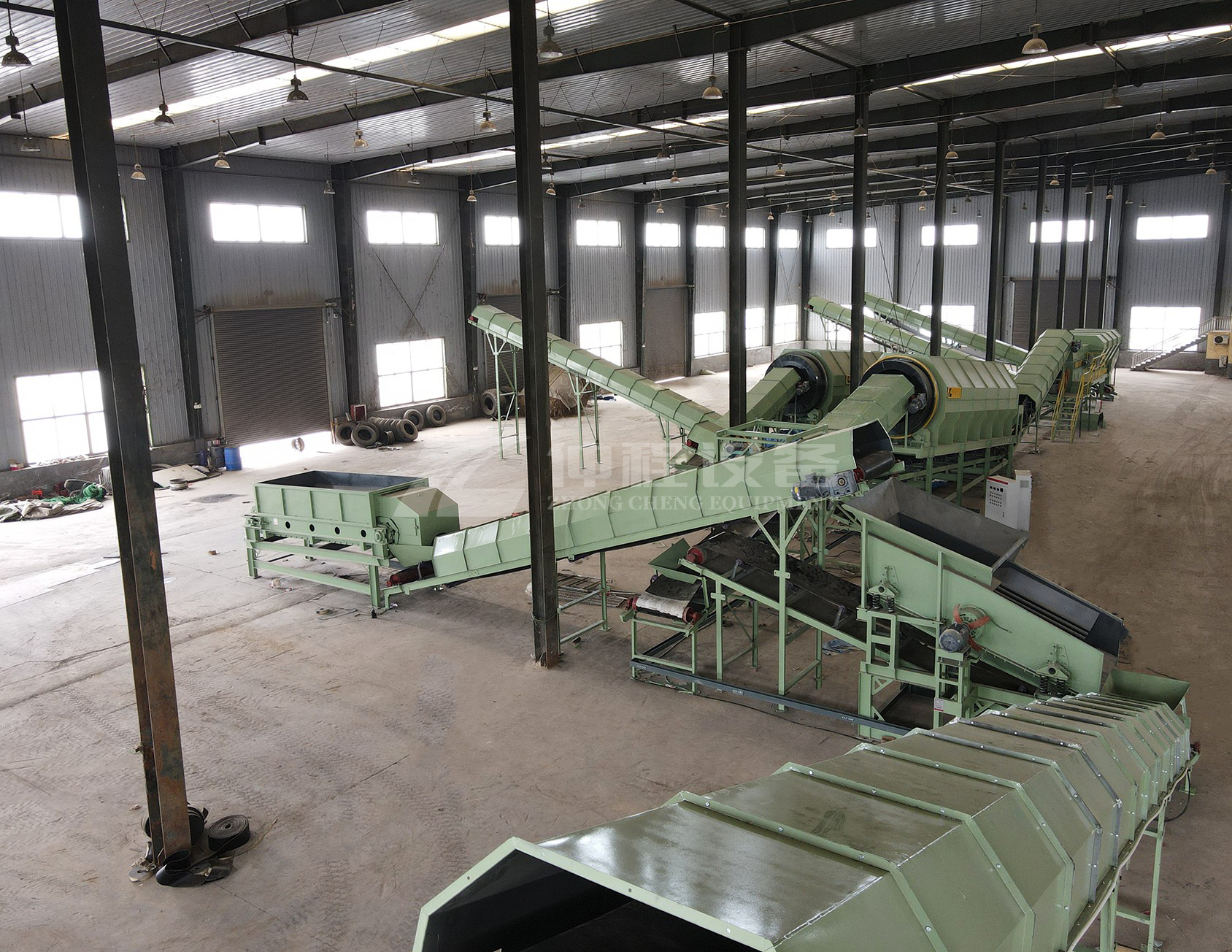
Applications of Trommel Screens in Garbage Sorting
Trommel screens are used in a variety of waste management applications, each of which highlights their versatility and effectiveness. Some of the most common applications include:
Municipal Solid Waste (MSW) Processing: In MSW processing plants, trommel screens are used to separate organic waste from inorganic materials. The organic fraction, which typically includes food waste and yard debris, can be diverted to composting or anaerobic digestion facilities, while the inorganic fraction can be further sorted for recycling or disposal.
Recycling Facilities: Trommel screens play a critical role in recycling operations by separating materials based on size. For example, in a recycling plant that processes mixed recyclables, a trommel screen might be used to separate paper and cardboard from plastic and metal containers. The ability to quickly and accurately sort materials by size is essential for producing high-quality recyclables.
Composting Operations: In composting facilities, trommel screens are used to separate finished compost from larger, unprocessed materials. The smaller, finished compost can be bagged and sold, while the larger materials can be returned to the composting process for further breakdown.
Construction and Demolition Waste: Trommel screens are also used in the processing of construction and demolition debris. In this application, the screens can separate materials like wood, concrete, and metal, which can then be recycled or disposed of accordingly.
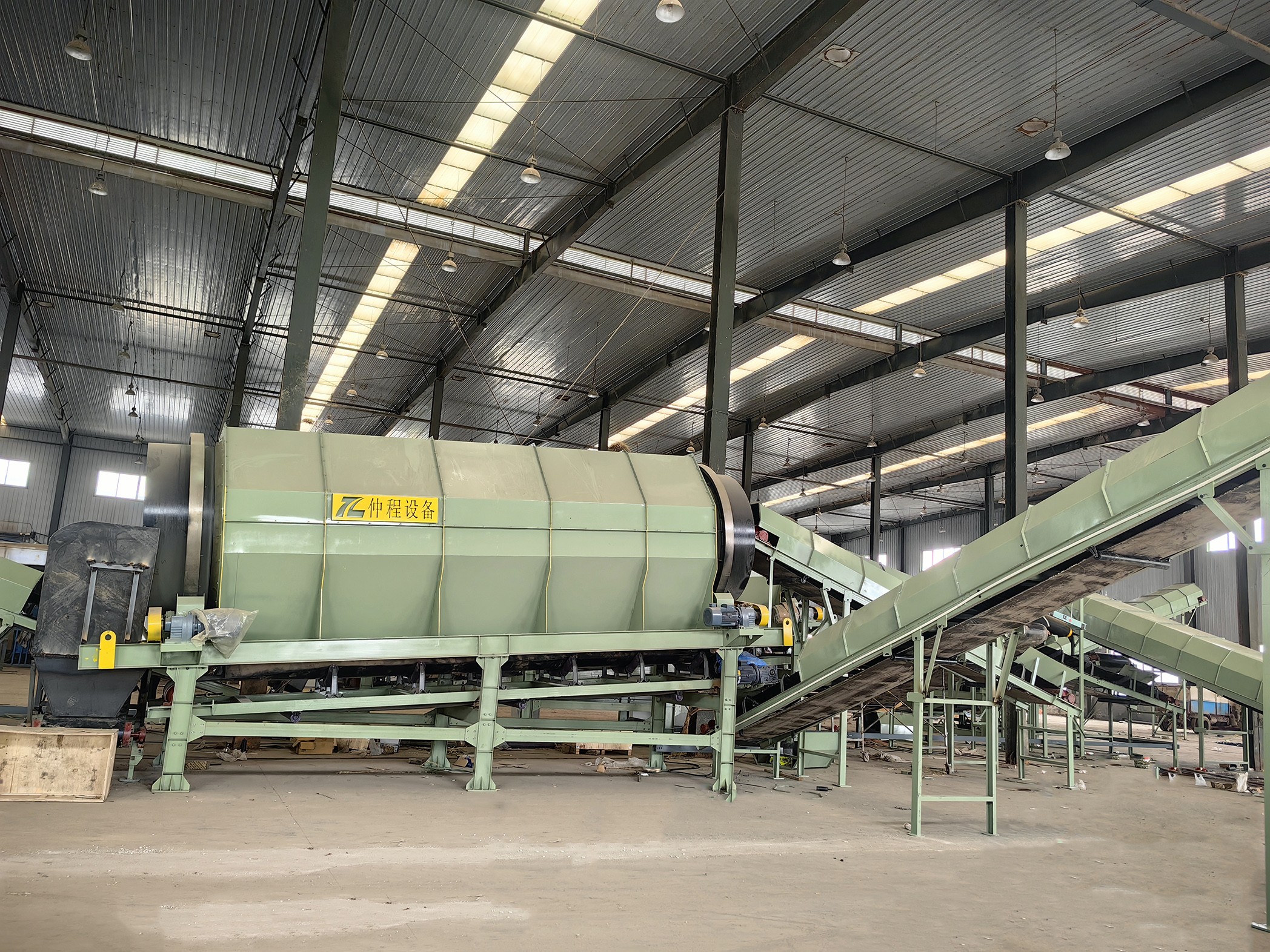
Challenges and Considerations
While trommel screens offer numerous advantages, there are also challenges associated with their use. One of the primary challenges is the potential for clogging, particularly when processing wet or sticky materials. This can be mitigated by regularly cleaning the screens and ensuring that the materials being processed are adequately prepared.
Another consideration is the initial cost of the equipment. While trommel screens are generally cost-effective over the long term, the upfront investment can be significant. However, the durability and efficiency of trommel screens often result in a quick return on investment, particularly in large-scale operations.
The Future of Trommel Screens in Waste Management
As waste management continues to evolve, the role of trommel screens is likely to grow. Innovations in screen design, such as the development of more efficient and durable materials, will further enhance their effectiveness. Additionally, as the global focus on recycling and sustainable waste management intensifies, the demand for reliable and efficient sorting technologies like trommel screens will only increase.
In conclusion, trommel screens are an indispensable tool in modern waste management. Their versatility, efficiency, and durability make them ideal for a wide range of applications, from municipal solid waste processing to recycling and composting. As the industry continues to advance, trommel screens will remain a cornerstone of effective and sustainable waste sorting systems.
-
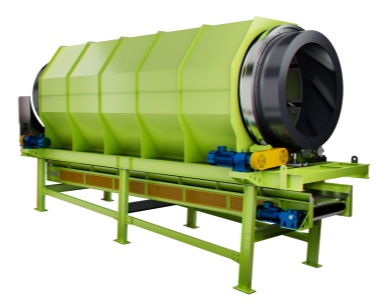 Trommel screenTrommel screen, also known as drum screens, are widely used in various industries for sorting and separating materials.Get Quote
Trommel screenTrommel screen, also known as drum screens, are widely used in various industries for sorting and separating materials.Get Quote -
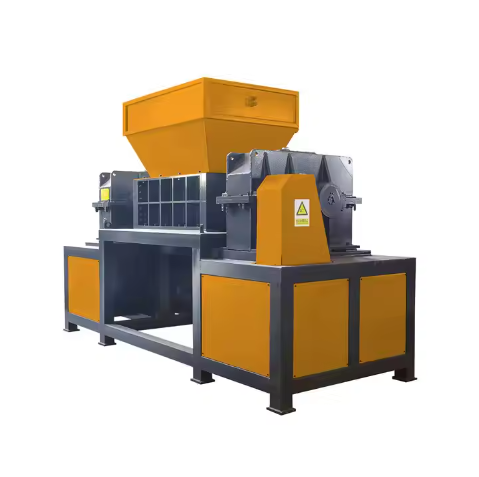 Crop straw double shaft shreddApplications:Biomass Energy Production: Shredded straw can be used as a feedstock for bioenergy plants to produce electricity or heat.Livestock Feed: Reduced-si...Get Quote
Crop straw double shaft shreddApplications:Biomass Energy Production: Shredded straw can be used as a feedstock for bioenergy plants to produce electricity or heat.Livestock Feed: Reduced-si...Get Quote -
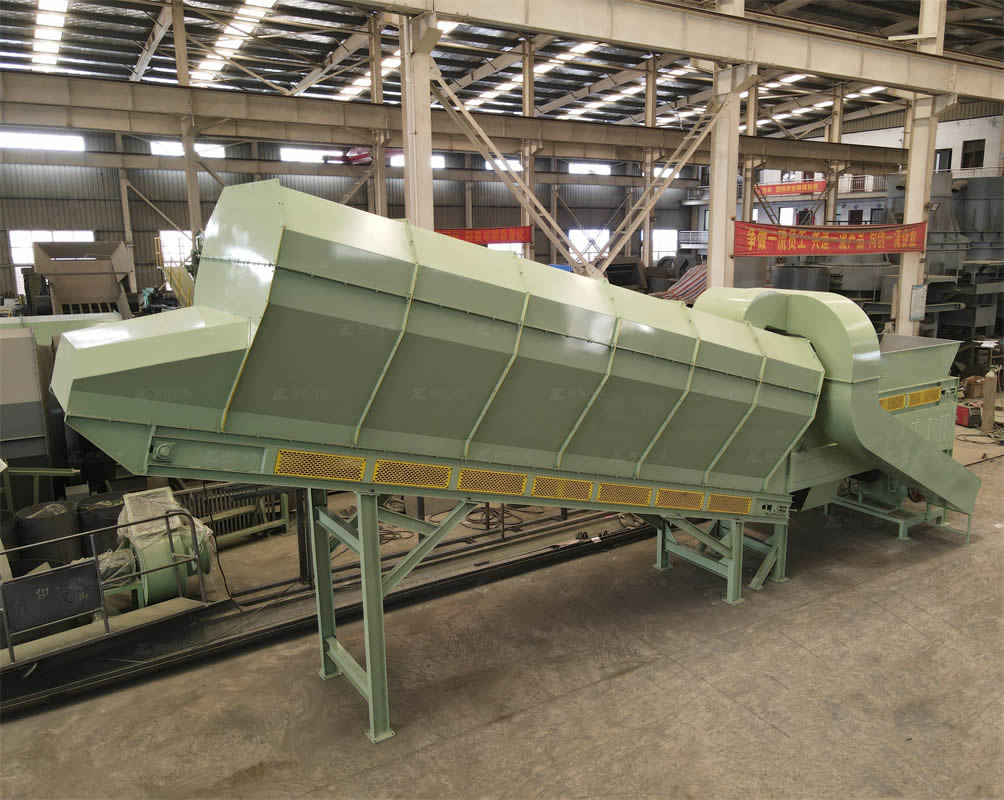 Zhongcheng Air Drum SeparatorAir drum separators effectively separate lightweight materials (e.g., plastics, paper) from heavier materials (e.g., metals, glass). This high efficiency is cru...Get Quote
Zhongcheng Air Drum SeparatorAir drum separators effectively separate lightweight materials (e.g., plastics, paper) from heavier materials (e.g., metals, glass). This high efficiency is cru...Get Quote
-
2024-08-07Efficient Material Separation with Bounce ScreensThe ballistic separator is an important equipment with separation function designed for the sorting of inorganic particles in the coarsely crushed waste.
-
2024-06-11Optimize Your Waste Management Today with Our Advanced Drum ScreensUnderstanding the Mechanism and Optimization of Drum Screens for Waste Management
-
2024-05-18Spring Cone CrusherSpring cone crushers are generally used in the medium and fine crushing links of mine crushing, and are mainly used in the secondary crushing and tertiary crush...
-
2023-01-11Ballistic SeparatorBallistic separators are a crucial component in modern recycling and waste management systems, contributing to more efficient resource recovery and environmenta...
-
2024-06-09Advantages of Using Drum Screening Machines in Waste ManagementUnderstanding the working principle of drum screening machines is essential to appreciate their efficiency and effectiveness in waste management. Operation and ...



